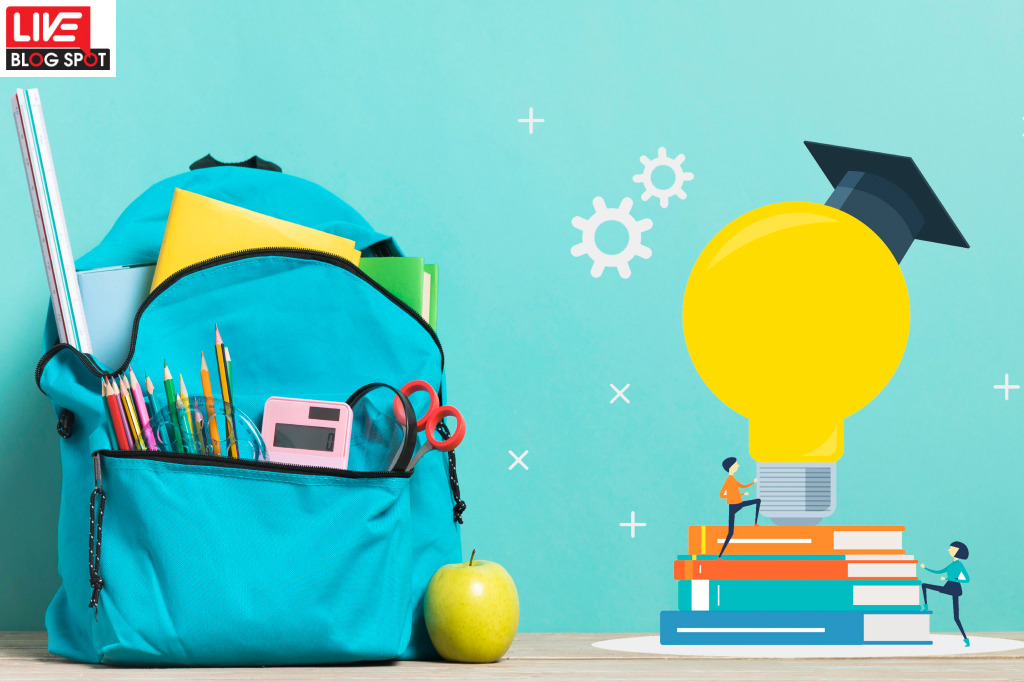The Union Cabinet on Wednesday confirmed the National Education Policy 2020, clearing the path for ground-breaking changes in school and higher education areas in the nation. The Indian government on Wednesday changed a 34-year-old National Policy on Education, encircled in 1986, with the New Education Policy of 2020. The NEP, confirmed by the Union cabinet, makes clearing changes in school and higher education including education.
New Education Policy 2020: Some of the significant highlights
Schooling now begins at 3 years of age:
The New Education Policy extends age bunch 6 to 14 years of required tutoring to 3 to 18 years of tutoring. The NEP presents up to this point revealed three years of pre-tutoring, age group of 3-6 years under the school educational program. The new framework will have 12 years of tutoring with three years of Anganwadi/pre-tutoring.
With an emphasis on Early Childhood Care and Education (ECCE), the 10+2 structure of school educational programs is to be changed by a 5+3+3+4 curricular structure relating to ages 3-8, 8-11, 11-14, and 14-18 years individually.
Mother tongue as medium of teaching:
The NEP puts focus around students’ mother language as the mode of teaching even as it adheres to the ‘three language recipe’ yet additionally orders that no language would be forced on anybody. The NEP just suggests the mother tongue as a mode of guidance, and not make it mandatory.
The approach archive expresses that youngsters learn and handle non-inconsequential ideas all the more rapidly in their home language. At every possible opportunity, the mode of teaching till Grade 5, however ideally till Grade 8 and past, will be the home language, first language, local language or the regional language. From that point, the home or local language will keep on being educated as a language at every possible opportunity. This will be trailed by both private and public school, as stated by the policy.
NO UGC, AICTE, NCTE:
Higher education Commission of India (HECI) will be set up as a solitary overall umbrella body for whole higher education, barring legal and educational learning. Private and public higher education organizations will be represented by a similar arrangement of standards for guideline, accreditation and scholastic norms.
The Government will eliminate the association of universities in 15 years and a phase wise component is to be set up for giving reviewed self-governance to schools.
Science, arts, commerce gets blurred:
As per NEP 2020, there will be no unbending partitions among art and sciences, among curricular and extracurricular exercises, among professional and scholastic streams. Students can choose subjects of their choice over the streams. Professional training will begin in schools from the 6th grade and will incorporate internships as well.
FYUP Programme Returns & No More Dropouts:
Under the NEP, college degrees will be of either 3 or 4-year term with numerous leave alternatives inside this period. School will be ordered to give declaration subsequent to finishing 1 year in a discipline or field including professional and expert zones, a recognition following 2 years of study, or a bachelor’s certificate following a 3-year program. Govt will likewise build up an Academic Bank of Credit for carefully putting away scholarly credits earned from various HEIs so that these can be moved and tallied towards the final degree earned.
More focus on vocational studies in school- level:
Each kid learned one livelihood and presented to a few more. Testing of significant professional artworks, including electric work, carpentry, metal work, ceramics making, farming and so on., as chosen by States and local communities during Grades 6-8.
By 2025, 50% of students through the school and higher education framework will have introduction to professional learning. A 10-day bagless period at some point during Grades 6-8 to assist with local professional specialists, including farmers, potters, artists, carpenters and so on.
Comparative internship chances to learn professional subjects to students all through Grades 6-12, including holidays. Professional courses through online mode will likewise be made accessible.
Education sector to get 6% of GDP, Prior it was 1.7%:
As suggested, the new Education Policy of the government has considered and recommended to give Education a 6% of GDP which was only 1.7% earlier. This has been acknowledged in the new Policy.
Curriculum content to be minimized and focused:
Educational plan content will be decreased in each subject to its core fundamentals and make space for basic reasoning and increasingly all encompassing, request based, revelation based, conversation based, and examination-based learning.
Content will focus on idea, application, problem- solving:
The ordered content will concentrate on key ideas, thoughts, applications, and critical thinking. Educating and learning will be led in an increasingly intuitive way.
Experiential learning in all stages:
Experiential learning will remember hands-for learning, expressions incorporated and sports-coordinated instruction, story-based teaching method, among others, as standard instructional method. Classroom transactions will move towards competency-based learning and training.
4 year integrated B.Ed degree is a must required to become a teacher:
Another and far reaching National Curriculum Framework for Teacher Education, NCFTE 2021, will be planned by the NCTE in meeting with NCERT. By 2030, the base degree capability for teaching will be a 4-year coordinated B.Ed. degree. Tough moves will be made against unacceptable independent Teacher Education Institutions (TEIs).
There are some acceptable components to the NEP 2020 that will produce little contact and need just satisfactorily resourcing. Arrangement of an energy filled breakfast, along with the nutritious early afternoon supper, to assist kids with accomplishing better learning results, is one. Formation of ‘incorporation assets’ to help socially and instructively impeded kids seek after training is another.
But with the New Education Policy 2020 there is a hope of getting a better and much needed learning and skills to the kids. And with this by the time they come out in the real world they have a better approach and problem-solving capabilities.



